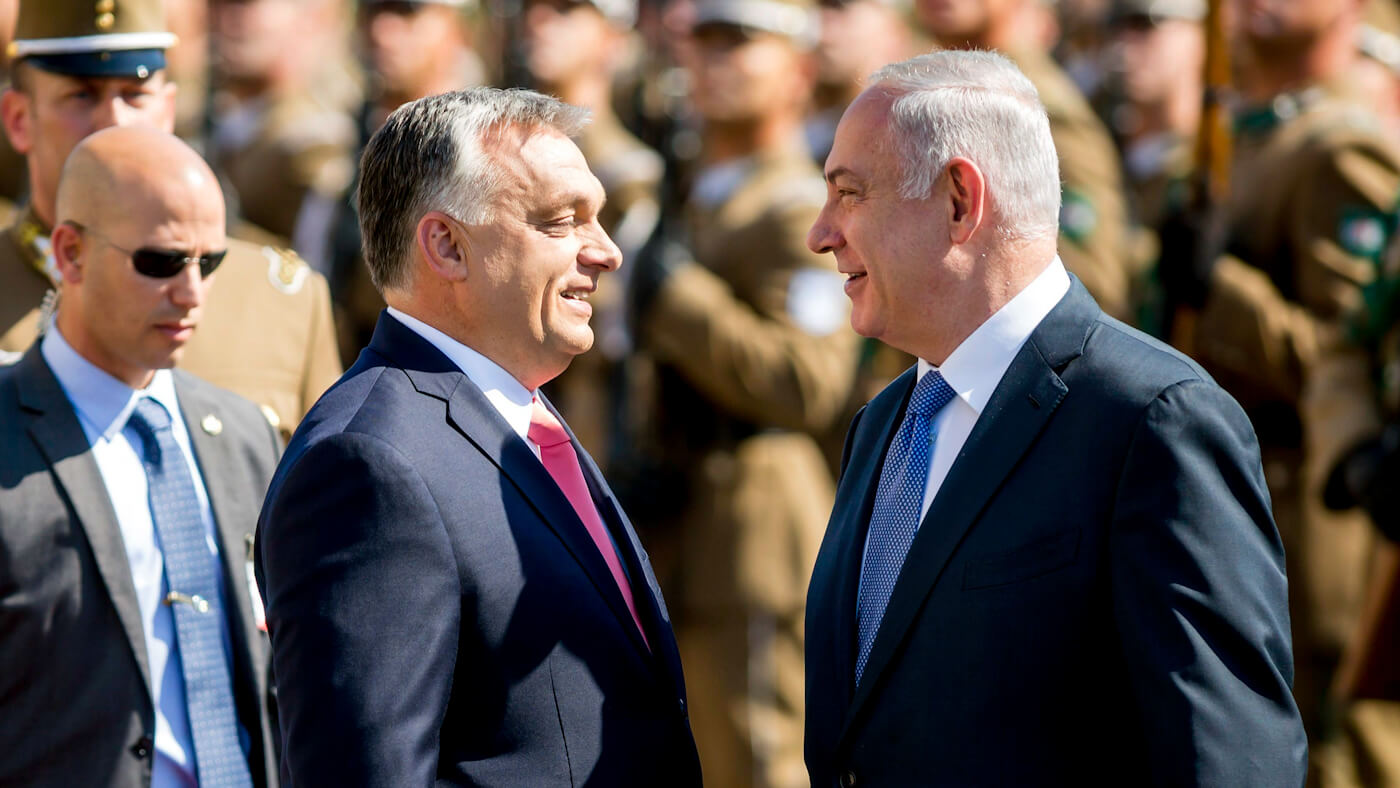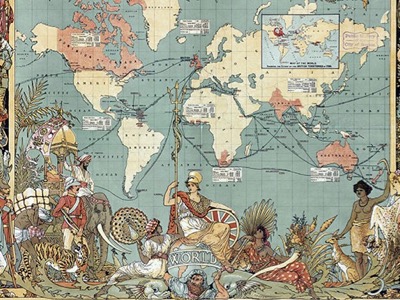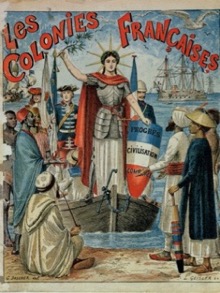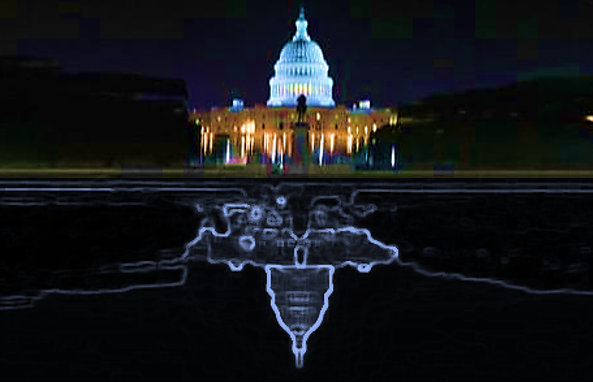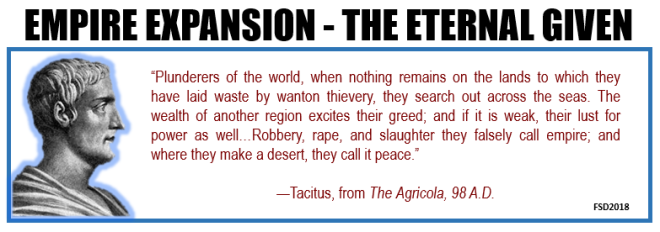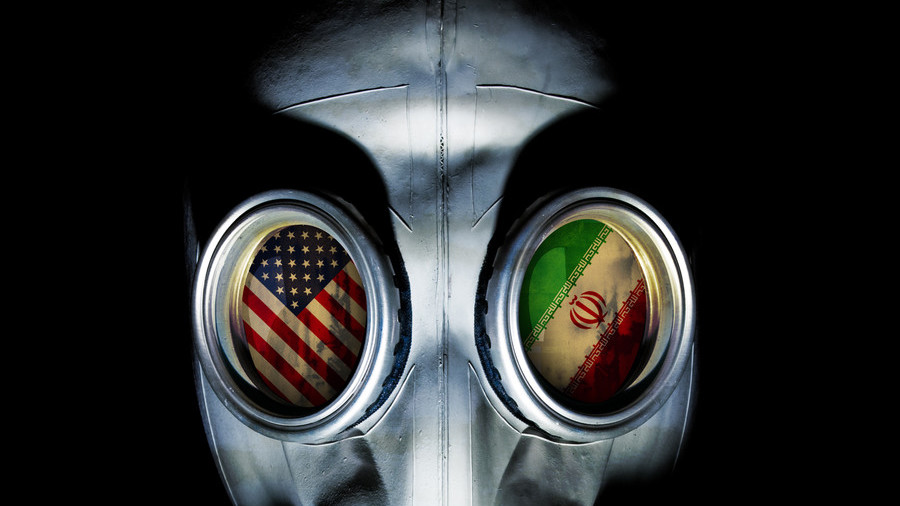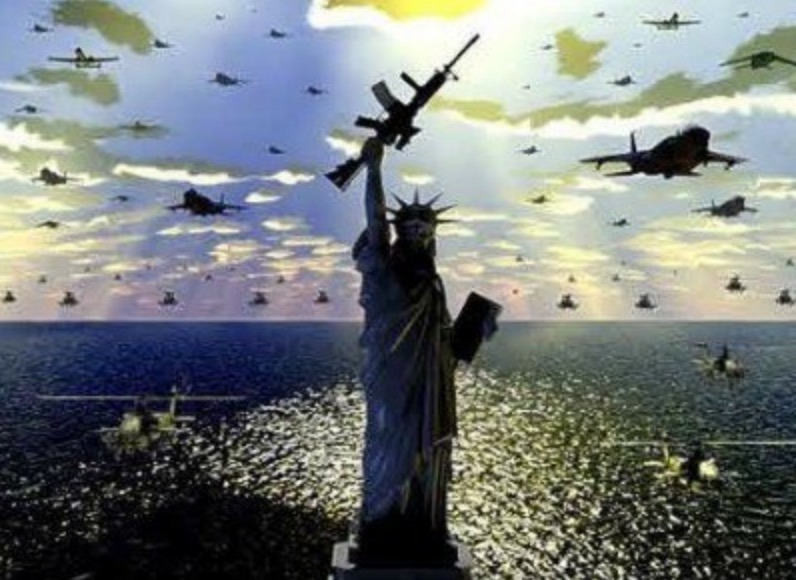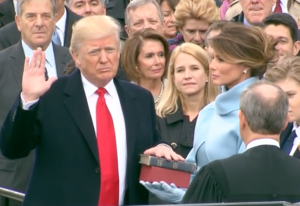After careful evaluation, the Kremlin is rearranging the geopolitical chessboard to end the unipolar hegemony of the “indispensable nation”.
But it’s our fate / To have no place to rest, / As suffering mortals / Blindly fall and vanish / From one hour / To the next, / Like water falling / From cliff to cliff, downward / For years to uncertainty.
Holderlin, Hyperion’s Fate Song
Operation Z is the first salvo of a titanic struggle: three decades after the fall of the USSR, and 77 years after the end of WWII, after careful evaluation, the Kremlin is rearranging the geopolitical chessboard to end the unipolar hegemony of the “indispensable nation”. No wonder the Empire of Lies has gone completely berserk, obsessed in completely expelling Russia from the West-centric system.
The U.S. and its NATO puppies cannot possibly come to grips with their perplexity when faced with a staggering loss: no more entitlement allowing exclusive geopolitical use of force to perpetuate “our values”. No more Full Spectrum Dominance.
The micro-picture is also clear. The U.S. Deep State is milking to Kingdom Come its planned Ukraine gambit to cloak a strategic attack on Russia. The “secret” was to force Moscow into an intra-Slav war in Ukraine to break Nord Stream 2 – and thus German reliance on Russian natural resources. That ends – at least for the foreseeable future – the prospect of a Bismarckian Russo-German connection that would ultimately cause the U.S. to lose control of the Eurasian landmass from the English Channel to the Pacific to an emerging China-Russia-Germany pact.
The American strategic gambit, so far, has worked wonders. But the battle is far from over. Psycho neo-con/neoliberalcon silos inside the Deep State consider Russia such a serious threat to the “rules-based international order” that they are ready to risk if not incur a “limited” nuclear war out of their gambit…
…click on the above link to read the rest of the article…


